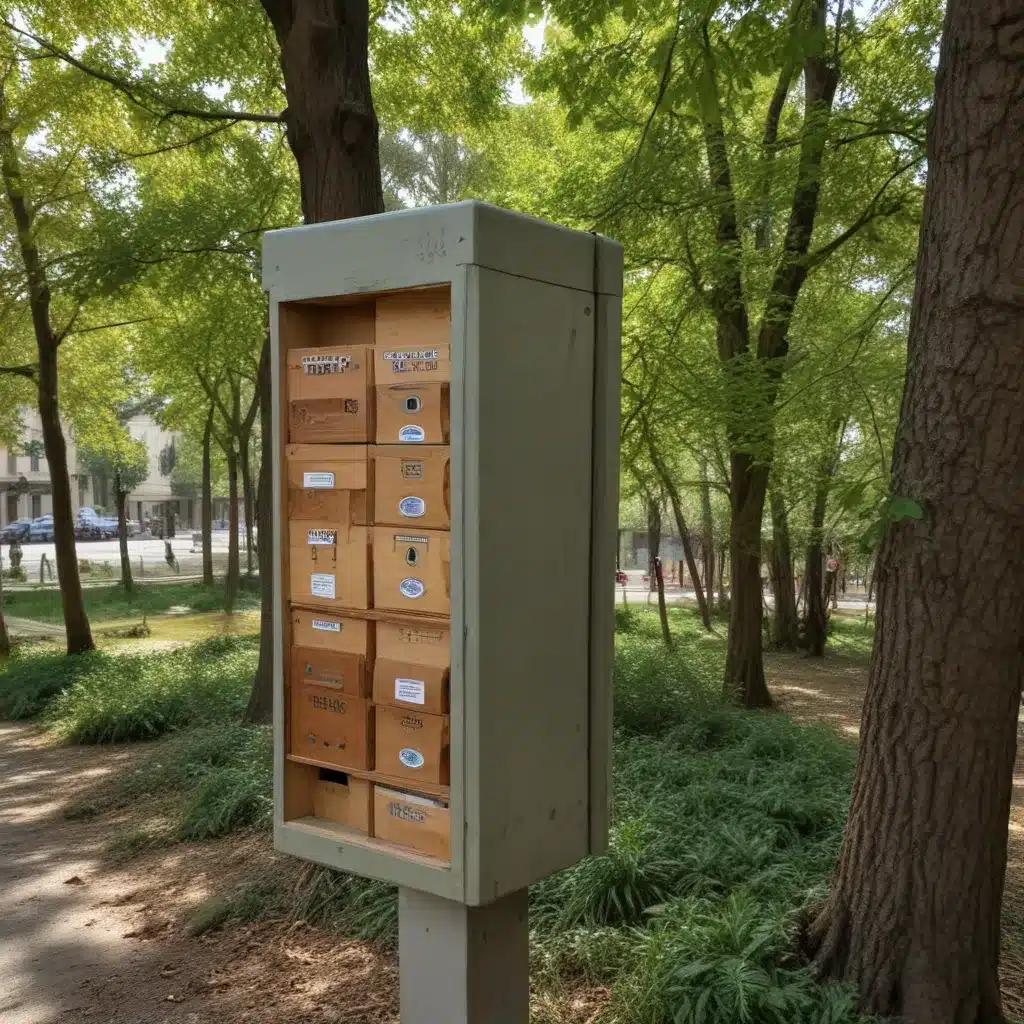
The historic city of Florence, Italy, has recently taken bold measures to combat the growing challenges of overtourism and preserve its iconic urban forest heritage. As the city hosts the G7 Tourism Ministers’ Meeting, Florentine officials have announced a comprehensive 10-point plan aimed at regulating the influx of visitors and safeguarding the city’s cultural and environmental assets.
Urban Forests of Florence
Florence, a renowned Renaissance city, is renowned for its exquisite urban landscapes, which seamlessly blend architectural masterpieces with verdant tree canopies and lush green spaces. These urban forests play a crucial role in the city’s ecosystem services, providing vital benefits such as air purification, temperature regulation, and stormwater management.
Characteristics of Urban Forests
The urban forests of Florence are characterized by a diverse array of tree species, including majestic plane trees, fragrant citrus trees, and stately cypress trees. These arboreal assets contribute to the city’s unique aesthetic appeal and cultural identity, while also serving as habitats for a variety of urban wildlife.
Ecosystem Services of Urban Forests
The urban forests of Florence offer a multitude of ecosystem services that enhance the city’s environmental sustainability and livability. These include:
– Carbon sequestration: The trees absorb and store atmospheric carbon dioxide, mitigating the effects of climate change.
– Stormwater management: The tree canopies and root systems help regulate water flow, reducing the risk of flooding and erosion.
– Urban heat island mitigation: The trees provide shading and evaporative cooling, lowering the ambient temperature in the city.
– Air purification: The leaves and bark filter out airborne pollutants, improving air quality for residents and visitors.
– Habitat provision: The urban forests offer nesting sites and food sources for urban wildlife, supporting biodiversity.
Urban Forest Management in Florence
Recognizing the immense value of their urban forests, the Florentine government has implemented a multifaceted approach to urban forest management and preservation.
Urban Forest Preservation
The city has taken proactive measures to safeguard its tree canopy, including tree inventories, risk assessments, and strategic planting initiatives. The arborists of TriCounty Tree Care have played a vital role in these efforts, providing expertise in tree health assessment, pruning, and hazard mitigation.
Urban Forest Conservation Policies
In addition to hands-on management, Florence has also enacted conservation policies aimed at protecting its urban forests. These include zoning regulations, tree protection ordinances, and environmental impact assessments for new developments.
Historic Preservation in Florence
The preservation of Florence’s historic urban environment is intrinsically linked to the stewardship of its urban forests. The city’s cultural heritage and architectural masterpieces are deeply intertwined with the verdant landscapes that surround them.
Historic City Landscapes
The historic center of Florence, designated as a UNESCO World Heritage Site, is renowned for its harmonious blend of Renaissance architecture and lush green spaces. The tree-lined streets, piazzas, and gardens are an integral part of the city’s cultural identity and visual appeal.
Cultural Heritage Sites
Florence is home to numerous iconic cultural heritage sites, such as the Duomo, the Uffizi Gallery, and the Ponte Vecchio. The urban forests that frame these landmarks play a crucial role in preserving their historic character and aesthetic integrity.
Sustainable Tourism in Florence
As a renowned tourist destination, Florence faces the ongoing challenge of managing the influx of visitors while preserving its cultural and environmental assets. The city has taken proactive steps to promote sustainable tourism and protect its urban forests.
Eco-tourism Initiatives
Florence has implemented various eco-tourism initiatives, such as guided walking tours that highlight the ecological significance of the urban forests and encourage sustainable exploration of the city. These efforts aim to educate visitors and foster a greater appreciation for the environmental stewardship of the city.
Visitor Management Strategies
To address the issue of overtourism, Florence has introduced visitor management strategies, including crowd control measures, restricted access to certain historic sites, and limits on the number of daily visitors. These strategies aim to balance the needs of tourists and residents, while safeguarding the fragile urban ecosystems.
Policy and Regulations in Florence
The Florentine government has taken a comprehensive approach to urban development and environmental protection, implementing a range of policies and regulations to preserve the city’s historic character and ecological integrity.
Urban Development Policies
Florence has enacted building codes and zoning regulations that restrict the construction of new developments in sensitive areas, ensuring that urban expansion does not compromise the integrity of the historic urban landscape and urban forests.
Environmental Protection Measures
The city has also introduced tree preservation policies and sustainable development initiatives aimed at safeguarding the urban forests. These measures include restrictions on tree removal, mandatory tree planting for new constructions, and incentives for green infrastructure investments.
One of the most recent and significant actions taken by the Florentine government is the ban on black key lock boxes adorning the doors of historic properties in the city center. These unsightly boxes, often used for short-term rental accommodations, were seen as detrimental to the visual harmony of the Renaissance city’s renowned architecture and urban landscapes.
The 10-point plan announced by the city’s officials also includes a cap on the number of days that vacation properties can be rented out, in an effort to curb the influx of mass tourism and protect the residential character of the historic neighborhoods.
These bold measures demonstrate Florence’s commitment to preserving its cultural heritage, environmental assets, and sustainable development for the benefit of both residents and visitors. By safeguarding its urban forests and historic urban environments, Florence aims to enhance its city branding as a premier destination for eco-conscious and culturally immersive tourism.


